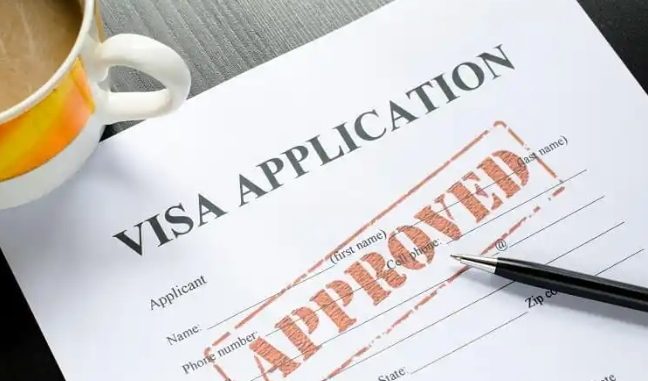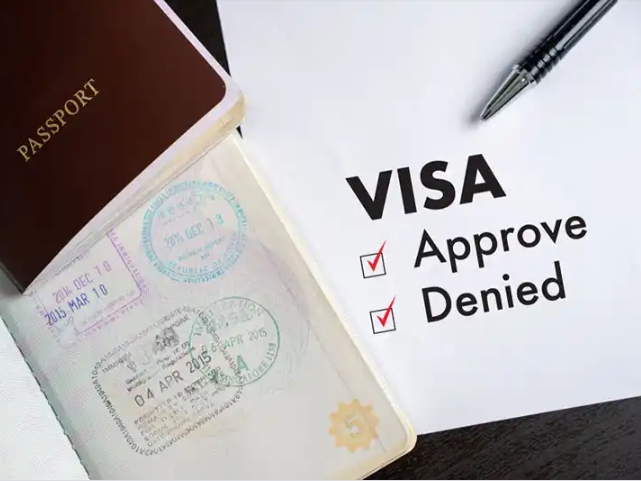
![]()
When you are planning to travel, visa application can continuously be a thorn in your flesh. That’s why you need to be careful so that your visa application is not declined, after your interview.
Therefore, to improve your chances of a successful application, you have to consider these:
• Expect that the interview following your visa application will be administered in English and not in your native language.
One suggestion is to practice English conversation before the interview. If you are going to the United States exclusively to study intensive English, be prepared to elucidate on how English will be helpful to you in your home country.
• You have to be precise. Why? Because of the magnitude of visa applications amassed, all consular officers are under a serious time pressure to administer an immediate and productive interview. They must make a verdict, for the most part, on the impressions they form during the first minute or two of the interview.
Accordingly, your first utterances and the original impression you create are essential to your success. Keep your replies to the officer’s questions short and to the point.
• During your interview, do not take your parents or family members with you. You will be developing a negative impression if you are not capable of speaking on your own behalf.The consular officer seeks to interview you, and not your family.
If you are a minor applying for a high school program and you need your parents there in case there are questions, for instance, about funding, they would have to stay in the waiting room.
• You will have to understand the Program you are applying for and how it conforms to your career plans. This is because if you are not able to convey the reasons you will study in a particular program, you may not be able to satisfy the consular officer that you are indeed planning to study, rather than to immigrate. You should also be able to explain how studying there will concern your future proficient career when you return home.
• When it concerns extra documentation, It should be evident at a glimpse to the consular officer what written documents you are submitting and what they imply. Long written explanations cannot be quickly read or assessed. Recall that you will have 2-3 minutes of interview time, if you’re fortunate.
• Applicants from countries undergoing economic crises will have more problems getting visas. Statistically, applicants from those countries are more likely to be intending immigrants. They may be asked about job openings at home after their study.
• If you are going to the United States, your primary objective should be to study, not for the chance to work before or after graduation. While many students do work off-campus during their studies, such occupations are only trivial to their main purpose of completing their US education.
You must be able to clearly express your agenda to return home at the end of your program. If your spouse is also applying for an accompanying F-2 visa, be aware that F-2 dependents cannot, under any conditions, be employed in the United States. If asked, be prepared to address what your spouse intends to do with his or her time while in the United States. Volunteer work and attending school part-time are permitted activities.
• If your spouse and children are staying behind in your country, be ready to explain how they will fund themselves in your absence. This can be a particularly tricky area if you are the breadwinner for your family.
If the consular officer gains the impression that your family members will need you to remit money from the United States in order to support themselves, your student visa application will almost certainly be denied. If your family does decide to join you at a later time, it is useful to have them apply at the same post where you applied for your visa.
• Now this is the most important; maintaining a positive attitude during the whole process of the interview. Do not, I repeat, do not engage the consular officer in an argument.
If you are denied a student visa, ask the officer for a list of documents he or she would suggest you bring in order to change the rejection, and try to get the reason you were denied in writing.


Leave a Reply